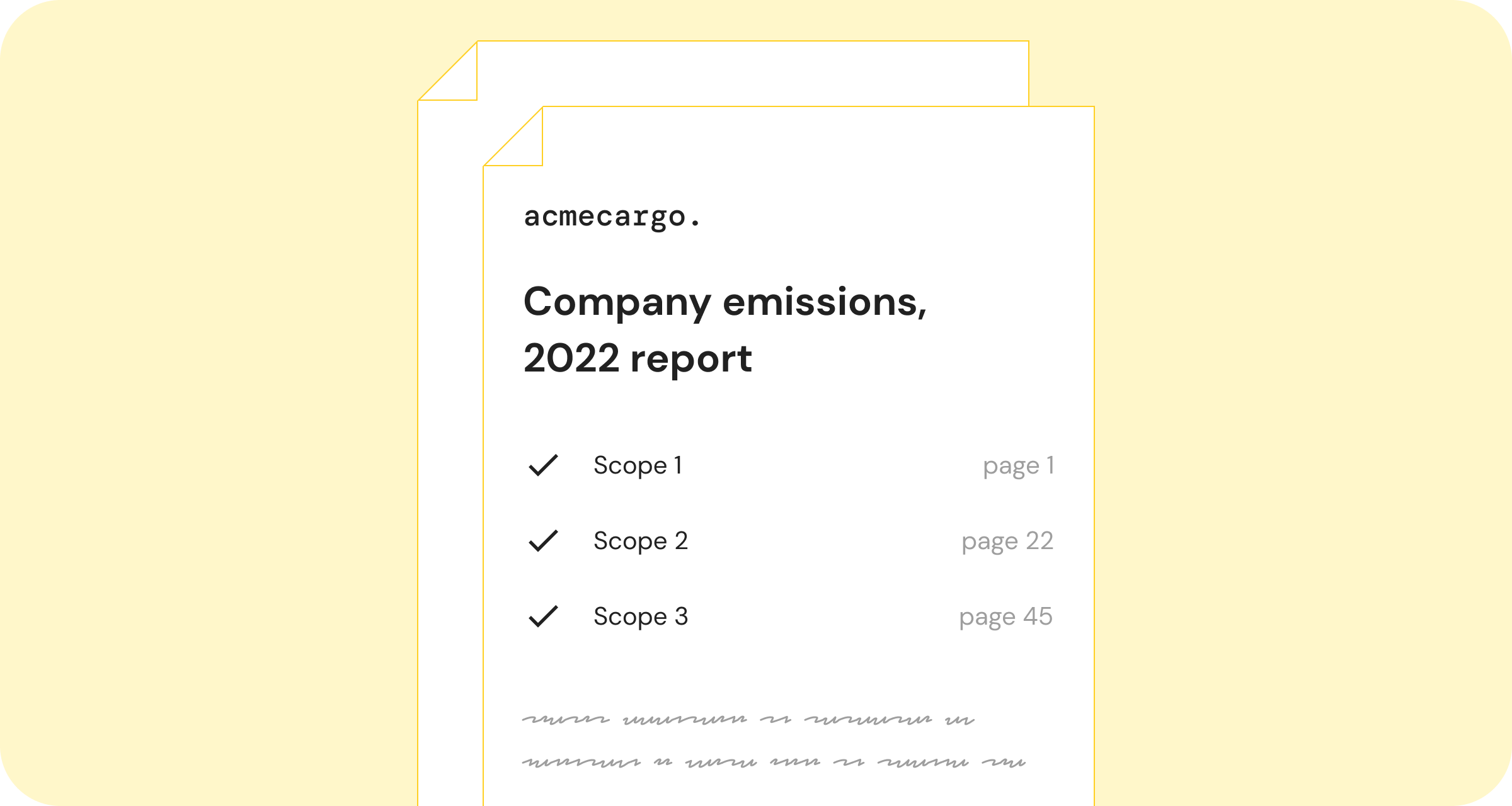

Greenwashing is a sure-fire way to damage your reputation, brand image, and the environment.
Superficial or deceptive environmental claims, collectively known as greenwashing, pose grave financial and reputational risks. Greenwashing refers to when brands spin, omit, or tone-down their true footprints, eroding consumer trust, inviting regulatory sanctions, and stalling genuine decarbonisation efforts.
Nowhere was this clearer than in Ryanair’s much-publicised “lowest emissions airline” campaign, which the UK’s Advertising Standards Authority (ASA) banned as misleading in 2020.
Why greenwashing is dangerous
Customer loyalty: Once exposed, greenwashed claims trigger swift backlash. Surveys show over 77% of consumers will abandon brands seen to be greenwashing, which is a blow that can take years to repair.
Regulatory penalties: Authorities worldwide are tightening rules on environmental advertising. The ASA now explicitly forbids unsubstantiated “eco” claims under the UK Code of Non-broadcast Advertising. In some jurisdictions, greenwashing fines can add up to 10% of a business’ global turnover.
Financial repercussions: Reputational damage from greenwashing can have a significant impact on your bottom-line. For instance, ESG controversies have wiped $500 billion off the value of US companies.
Stalled progress: Masking real emission scores behind intentionally vague promises can divert attention and organisational priorities away from substantive fixes, like fleet upgrades or operational efficiency, and slows industry-wide decarbonisation.
The Ryanair case: “Europe’s Lowest Emissions Airline”
In 2019, Ryanair was identified as one of the highest emitters of carbon in the EU, among 9 coal plants. As the only non-coal plant to be on the list, this was detrimental to their image in terms of sustainability. This was largely due to the fact their emissions had increased 50% over the preceding five years.
Ryanair’s claims
Ryanair commenced a TV, radio, and press campaign in 2020, touting Ryanair as “Europe’s lowest emissions airline” and asserting its fleet’s fuel efficiency and newer models delivered the greenest flying per passenger-kilometre.
Why this was misleading
Outdated data: Ryanair’s evidence hinged on a 2011 efficiency chart, wholly unrepresentative of its 2019 operations or more modern competitors who were not included.
Cherry-picked metrics: The ads ignored crucial context, such as seating density differences of which Ryanair are well-known for, and excluded many major carriers from comparison, overstating Ryanair’s relative performance.
The regulatory outcome
In February 2020, the ASA ruled the ads “misleading,” and ordered them to be withdrawn.
Ryanair was forced to update its marketing collateral and faced significant reputational damage. The ASA stated that the ads:
“must not appear again in their current forms. We told Ryanair Ltd to ensure that when making environmental claims, they held adequate evidence to substantiate them and to ensure that the basis of those claims were made clear.”
The case became a high-profile example cited by NGOs urging stricter oversight of airline sustainability advertising.
How Lune prevents greenwashing in logistics
By embedding Lune’s accredited, data-driven emissions solutions, logistics platforms can ensure their customers can make verifiable, up-to-date, and transparent environmental claims.
Accredited emissions reporting
Lune generates GHG-Protocol-aligned reports for every journey leg, complete with timestamps, factor sources, and methodology notes, so no logistics organisation needs to rely on stale or hidden data.
Carbon accounting
Users not only get a granular overview of their Scope 1, 2, and 3 emissions, but they are also able to compensate for these within logistics platforms.
Real-time tracking analytics
Out-of-the-box dashboards compare actual emissions across transport modes and find the greenest routes. These analytics and reports are all audit-ready for seamless compliance.
In the fight against greenwashing, data transparency is your strongest ally. With Lune, logistics platforms can help their clients move from vague promises to bullet-proof claims, protecting brand integrity, satisfying regulators, and driving real emissions reductions.
Ensure you can back up your green claims with clear, verifiable, and accessible data. Book a demo.
Readers also liked
Readers also liked

Subscribe for emissions intelligence insights
Get the latest updates in the world of carbon tracking, accounting, reporting, and offsetting direct to your inbox.


